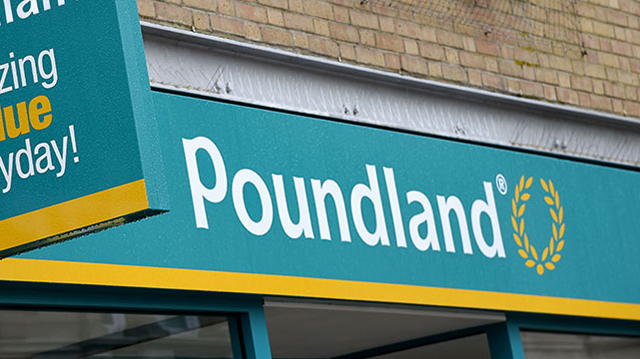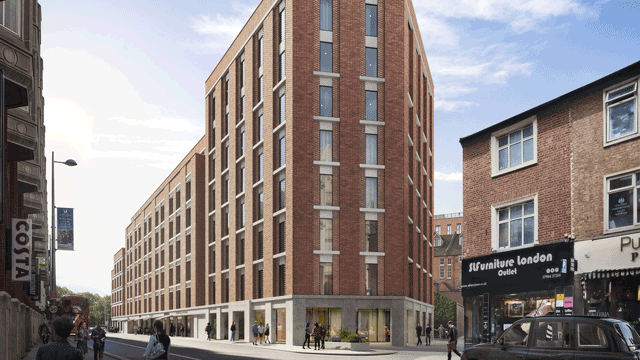The sale of a stake in serviced officer provider The Office Group will be a litmus test for the maturing sector. It is also a process traditional landlords are watching carefully as they consider the opportunities and threats the sector poses to their businesses.
While the eye-watering $16bn (£13bn) valuation of industry giant WeWork has raised eyebrows on a global level, a deal for The Office Group will give a more accurate reflection of investors’ view of the long-term sustainability of the UK market.
It is expected that Lloyd Dorfman, the company’s majority owner and founder of Travelex, will sell a 25% stake through Rothschild, and is looking for a price of £125m, valuing the company at £500m. The majority of the sales proceeds are expected to fuel further growth. Whilst there is no intention to sell the business outright, if a knockout bid were to be submitted it would most likely be considered.
Sales documentation is expected to be issued to prospective investors before the end of the month and a deal is anticipated to be agreed during the summer.
Dorfman owns two thirds of the business, and management – headed by co-founders and chief executives Charlie Green and Olly Olsen – the remaining third. The company launched in 2003 and currently has 34 location, all but two of which are in London, and has 15,000 members. The business having been operational for a long period is seen as an advantage as it is easier to prove its sustained income and a non-reliance on rent-free periods.
The Office Group operates within an increasingly broad and fragmented market, with different companies trying to appeal to particular types of businesses. The company has a more grown-up and somewhat more formal feel than the likes of WeWork, with only a minor focus on co-working space, and often appeals to slightly larger start-up businesses.
It is understood that traditional office landlords have already expressed an interest in the opportunity, although are not necessarily the most likely buyers if only a portion rather than the whole of the business is sold as expected. A traditional landlord could develop a building especially for the serviced office firm, have The Office Group as a subsidiary company sign a lease, and then sell the building on when it was shown to be performing well operationally.
A source close to the process said: “Traditional office landlords know that securing a giant, 500,000 sq ft letting is very difficult and most buildings now are multi-let. They often have to provide three years rent free, a lot of capex, and end up getting a low net rent. They have worked out that the serviced office segment has high margins, usually very high occupancy and high rents.”
The UK serviced office market in numbers
- 3,290 centres (including co-working spaces)
- 11% increase in centres during 2016
- 944 centres in London, around a third of the market
- Average London workstation rents are £613 per month (9% growth in 2016)
- 23% growth in provision of co-working space in 2016
Source: JLL











